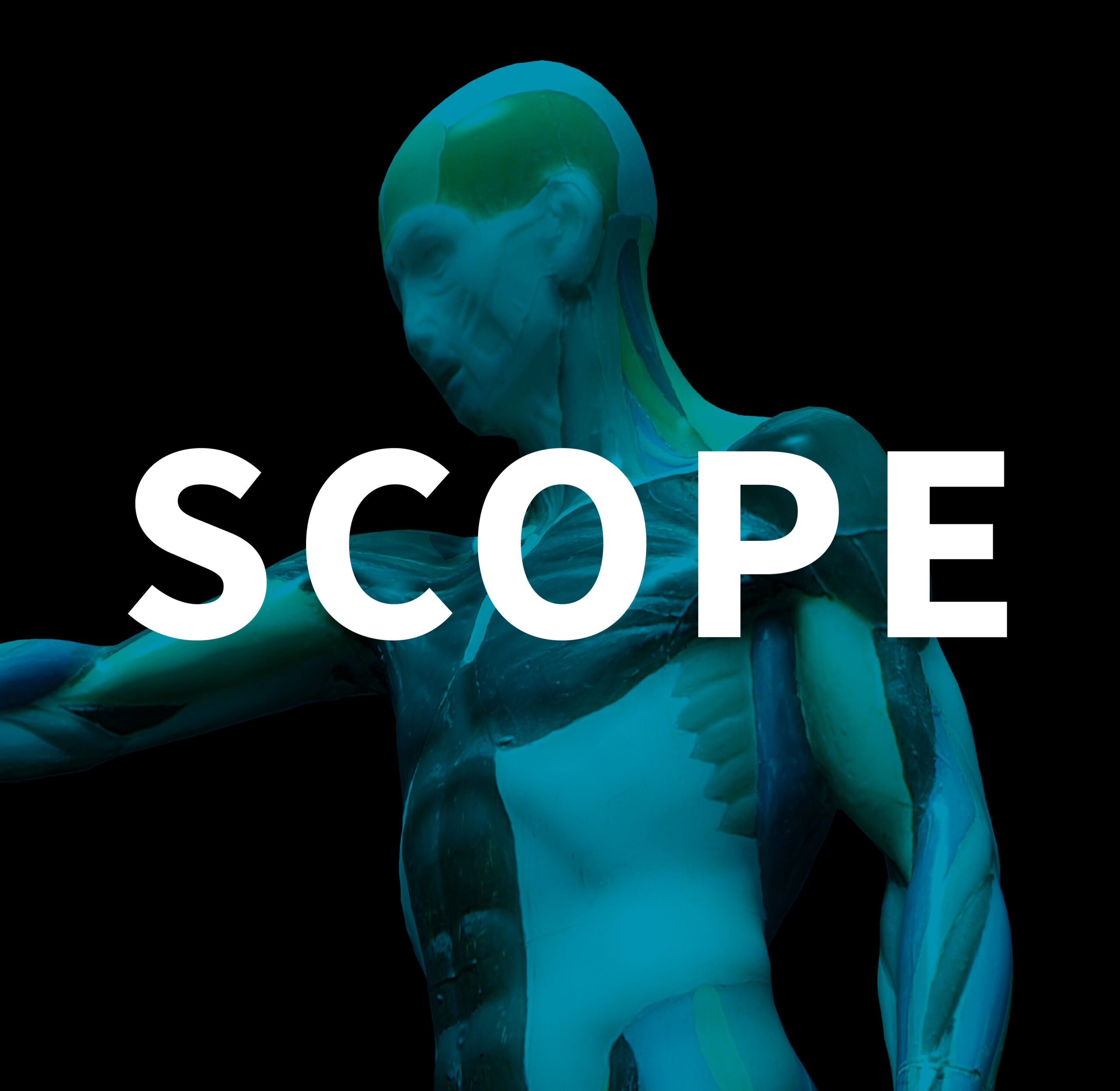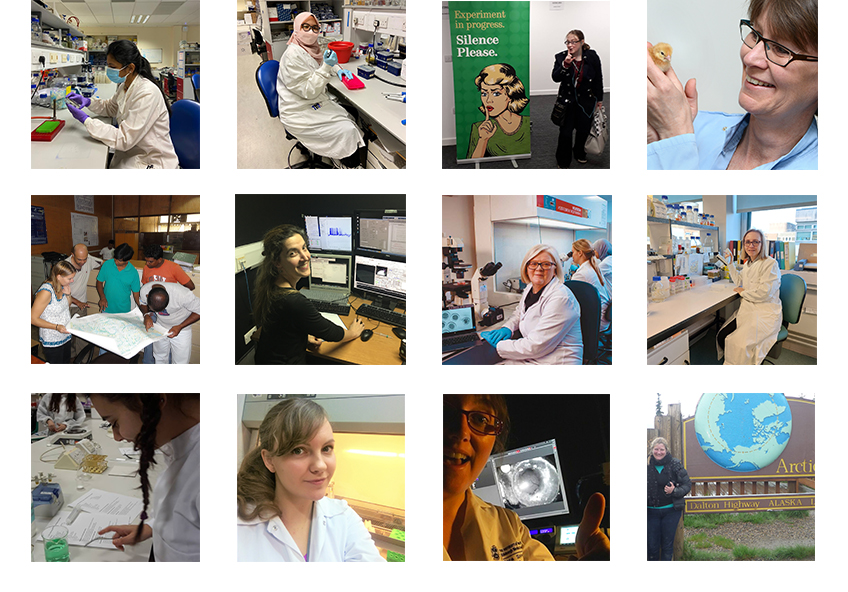Friday 11 February is International Day of Women and Girls in Science. It was declared as such by the United Nations General Assembly in 2015 and has been marked ever since. The aim is to achieve full and equal access to and participation in science for women and girls, and further achieve gender equality and the empowerment of women and girls.
We asked our research community to get involved and help us to promote these aims and objectives to celebrate and promote women and girls in science. Photos are ordered left to right in rows.
Pujitha Raja
4th year PhD student working with Dr Thamarai Schneiders at Infection Medicine.
“If there is something unmatched, then that would be the joy of getting that one colony and one band leading to something new in science. And the hope of contribution to at least one organism on the planet gives immense happiness.”
Afifah Saiful
PhD student in Infection Medicine.
“As a microbiologist studying the multidrug resistant Klebsiella pneumoniae, I am proud to be one of the women in science and I believe that science is for all.”
Dr Elizabeth Kirkham
Research Associate in the Division of Psychiatry, University of Edinburgh
“I am interested in learning more about how the human brain works. It’s an exciting field as there is still so much to discover. I’m grateful to the many women neuroscientists who have helped me develop my skills along the way.”
Professor Lonneka Vervelde
Professor of Veterinary Immunology at Roslin Institute
“Persevere and don’t be too hard on yourself. I work on the avian immune system, unravelling how pathogens modulate immune responses to survive and how we can intervene and modulate the immune system to improve disease resistance, health and welfare.”
Melissa Pearson
Research Fellow, Centre for Pesticide Suicide Prevention
“Celebrating women in science is important to me as our work is often behind the scenes. We are sometimes less willing to be the public face and our contributions are under-recognised. So I want to inspire other women and girls to join us so that our research reflects society and benefits from the unique contribution that we can make as women.”
Dr Nathalie Rochefort
Neuroscientist and research group leader at the Centre for Discovery Brain Sciences, Biomedical Sciences
“We are studying how neuronal circuits in the brain process visual information.
I am enjoying scientific freedom, creativity and sharing ideas with other scientists. I want to encourage the next generations to feel empowered through scientific knowledge and achievements.”
Professor Evelyn Telfer
Chair of Reproductive Biology and PI of Ovarian Development/Fertility Preservation group
“My career in scientific research and education began over 40 years ago and it has been rewarding, exciting, fulfilling and tremendous fun. I am aware of how it feels to be ‘an outsider’ and so I am passionate about the need for diversity and inclusion in science and believe that gender should never be a barrier. In my experience, diversity creates a better environment whilst fostering ideas and creativity. Science needs women and women need science.”
Dr Anna Maria Ochocka-Fox
Research Fellow, Colon Cancer Genetics Group, Institute of Genetics and Cancer
“I believe women and girls are crucial in science due to their diligence, ambition, passion and intelligence. As I was once told: we cannot lose 50% of scientific potential.”
Athanasia Yiapanas
Third year PhD student at the Institute of Genetics and Cancer
Here’s a photo of myself ‘doing science’, extracting DNA from fruit. It was taken before I was a student at Canterbury Christ Church University where I did my undergraduate studies in biomolecular science. I love this picture because it shows how much fun I had.
I think it’s important to share images of women and girls working in science to help move past outdated ideas about who can do what. I’m proud of what I’ve achieved in my research studies despite being told I’d never become a scientist in the past: science is for everyone.
Kamila Pawlicka
Third year PhD Student, Ted Hupp Lab, Institute of Genetics and Cancer – CRUK Edinburgh Centre
“I’m very passionate about getting more women and girls involved in the STEM world. I like to show that the image of scientist at work (especially female scientists) is changing over the years. That the way you look, or what you do outside of work, does not influence your level of professionalism or the skills you have.”
Professor Tara Spires-Jones
Professor of Neurodegeneration and Deputy Director of the Centre for Discovery Brain Sciences
“Our group works to understand the brain changes that cause Alzheimer’s disease. This is a huge and important challenge and we need the best minds from all backgrounds to tackle it, including women and trans women.”
Professor Simone Meddle
Personal Chair of Behavioural Neuroendocrinology, Head of Division of Veterinary Biomedical Sciences, The Roslin Institute
“I am a professor of Behavioural Neuroendocrinology at the Roslin Institute. I study Arctic-breeding songbirds in Alaska. I am passionate that women and girls are empowered to lead and innovate in STEM fields.”




Leave a Reply